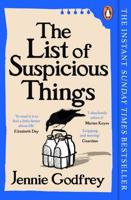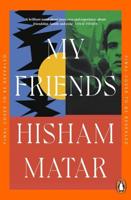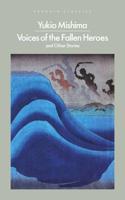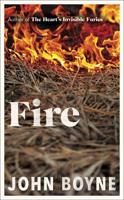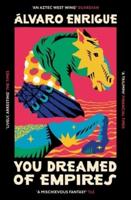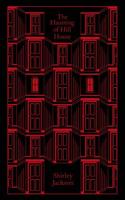Publisher's Synopsis
John Burroughs (April 3, 1837 - March 29, 1921) was an American naturalist and nature essayist, active in the U.S. conservation movement.The first of his essay collections was Wake-Robin in 1871. In the words of his biographer Edward Renehan, Burroughs' special identity was less that of a scientific naturalist than that of "a literary naturalist with a duty to record his own unique perceptions of the natural world." The result was a body of work whose resonance with the tone of its cultural moment explains both its popularity at that time, and its relative obscurity since. Burroughs was the seventh of Chauncy and Amy Kelly Burroughs' ten children. He was born on the family farm in the Catskill Mountains, near Roxbury in Delaware County, New York. As a child he spent many hours on the slopes of Old Clump Mountain, looking off to the east and the higher peaks of the Catskills, especially Slide Mountain, which he would later write about. As he labored on the family farm he was captivated by the return of the birds each spring and other wildlife around the family farm including frogs and bumblebees. In his later years he credited his life as a farm boy for his subsequent love of nature and feeling of kinship with all rural things. During his teen years Burroughs showed a keen interest in learning.Among Burroughs's classmates was future financier Jay Gould.Burroughs' father believed the basic education provided by the local school was enough and refused to support the young Burroughs when he asked for money to pay for the books or the higher education he wanted. At the age of 17 Burroughs left home to earn the money he needed for college by teaching at a school in Olive, New York. From 1854 to 1856 Burroughs alternated periods of teaching with periods of study at higher education institutions including Cooperstown Seminary; he left the Seminary and completed his studies in 1856. He continued to teach until 1863. In 1857 Burroughs left a teaching position in the small village of Buffalo Grove in Illinois to seek employment closer to home, drawn back by "the girl I left behind me."On September 12, 1857, Burroughs married Ursula North (1836-1917). Burroughs later became an atheist with an inclination towards pantheism.Burroughs had his first break as a writer in the summer of 1860 when the Atlantic Monthly, then a fairly new publication, accepted his essay Expression. Editor James Russell Lowell found the essay so similar to Emerson's work that he initially thought Burroughs had plagiarized his longtime acquaintance. Poole's Index and Hill's Rhetoric, both periodical indexes, even credited Emerson as the author of the essay.In 1864, Burroughs accepted a position as a clerk at the Treasury; he would eventually become a federal bank examiner, continuing in that profession into the 1880s. All the while, he continued to publish essays, and grew interested in the poetry of Walt Whitman. Burroughs met Whitman in Washington, DC in November 1863, and the two became close friends.Whitman encouraged Burroughs to develop his nature writing as well as his philosophical and literary essays. In 1867, Burroughs published Notes on Walt Whitman as Poet and Person, the first biography and critical work on the poet, which was extensively (and anonymously) revised and edited by Whitman himself before publication.Four years later, the Boston house of Hurd & Houghton published Burroughs's first collection of nature essays, Wake-Robin......


